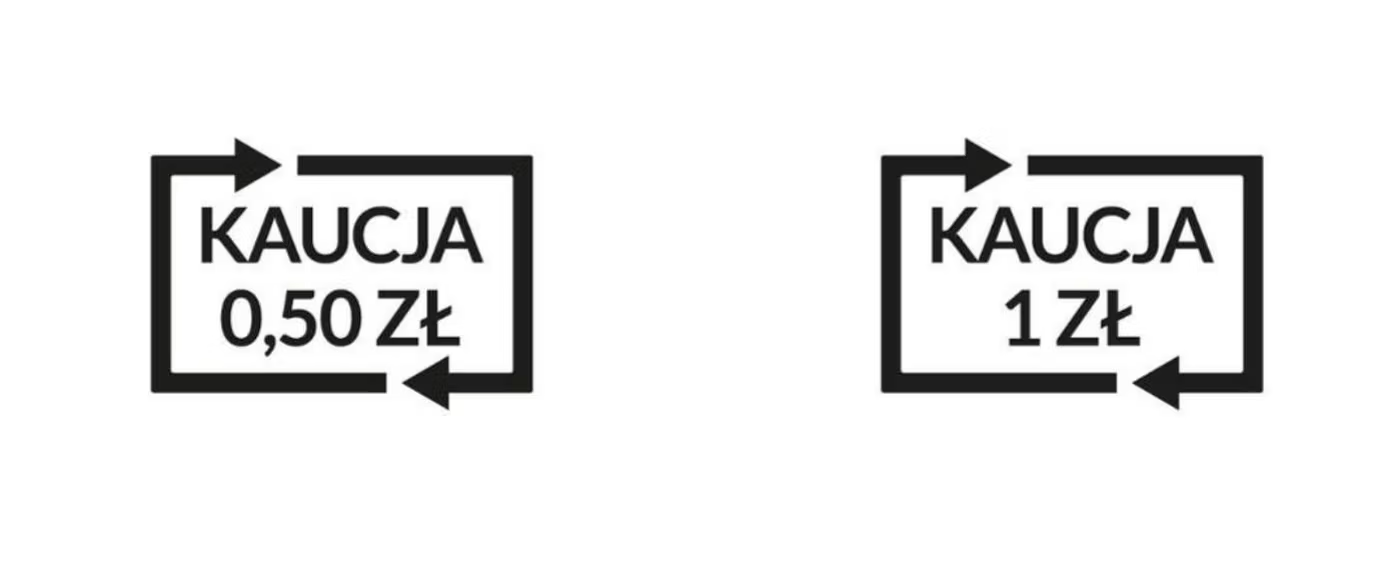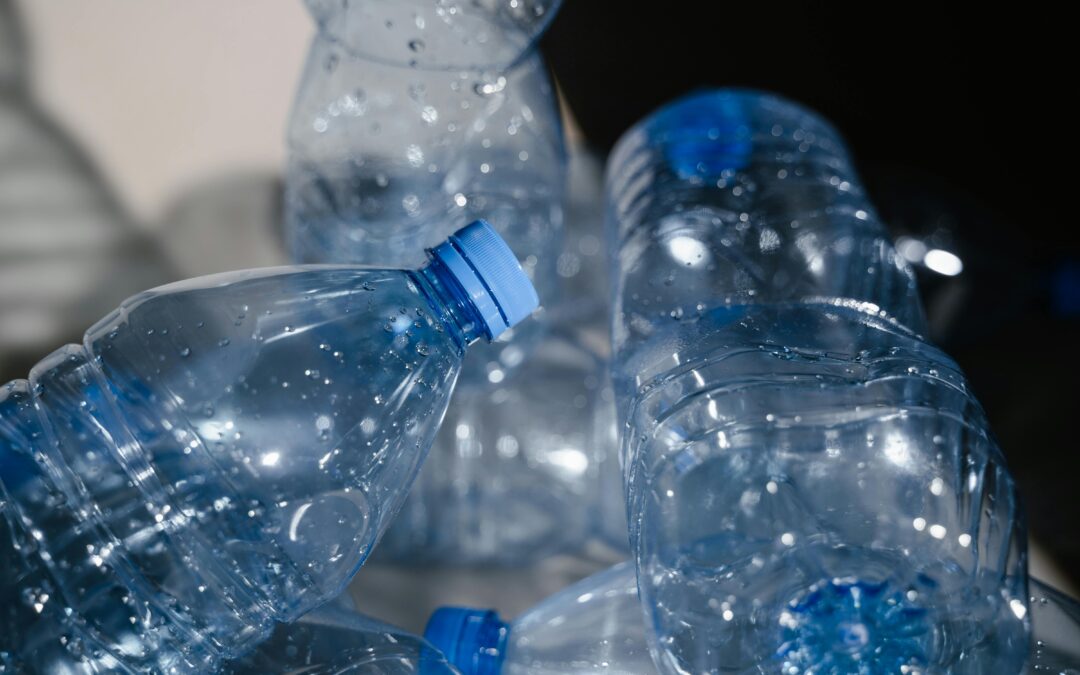Keep our news free from ads and paywalls by making a donation to support our work!

Notes from Poland is run by a small editorial team and is published by an independent, non-profit foundation that is funded through donations from our readers. We cannot do what we do without your support.
Poland has today launched a nationwide deposit-refund system for plastic bottles and metal cans, with the aim of ensuring more such packaging is recycled. Glass bottles will also soon be added to the scheme.
The system, similar to others already operating in many European countries, requires consumers to pay a deposit as part of the price when purchasing products in such containers. The deposit is then returned to them when they bring the packaging back to the store or another collection point.
📷 Wystartował system kaucyjny w Polsce!
Od dziś w sklepach zaczną pojawiać się opakowania z logotypem systemu kaucyjnego.Opakowanie oznaczone symbolem kaucji będzie można zwrócić w dowolnym punkcie zbiórki (i odzyskać kaucję) – bez okazywania paragonu!
🇵🇱 To rozwiązanie,… pic.twitter.com/LrbTB2I2ur
— Ministerstwo Klimatu i Środowiska (@MKiS_GOV_PL) October 1, 2025
For plastic bottles up to three litres in capacity and metal cans up to one litre, the deposit is 0.5 zloty (€0.12). For reusable glass bottles up to a capacity of 1.5 litres, the deposit will be 1 zloty from January 2026.
Containers covered by the scheme will have a special logo on them saying “kaucja” (meaning “deposit”) and the size of the deposit.
However, the climate and environment ministry notes that drinks with such markings will only appear gradually over the coming months, as producers and stores sell down existing stock and introduce the new packaging. Items without the logo will not be eligible for deposits.

After use, packaging with the deposit logo can be returned to any store over 200m² in size that sells beverages in deposit-refundable packaging; shops smaller than 200m² that sell drinks in reusable glass bottles; or any other stores that choose to join the system.
In stores, deposit returns can be handled either by employees or by automated machines. Meanwhile, there will also be automatic deposit machines placed outside some stores, while each of Poland’s almost 2,500 administrative districts (gminy) will have at least one public collection point.
No receipt or other proof of purchase is needed in order to return packaging. However, the climate and environment ministry, which is responsible for the system, emphasises that containers should not be crushed or damaged in any other way before being returned.
It is also possible for individual beverage producers to decide not to participate in the system, and instead to pay a fee themselves directly rather than collecting deposits for their packaging.
Poland has recorded the EU's second-largest increase in recycling rates over the last decade.
It recycled 40% of municipal waste in 2021, which was over three times higher than in 2012 though still below the EU-wide figure of 50% https://t.co/h7qLc1CMTn
— Notes from Poland 🇵🇱 (@notesfrompoland) April 11, 2023
“The deposit-refund system is one of the steps that will allow us to achieve important environmental goals,” says deputy climate and environment minister Anita Sowińska. “We all want clean forests and beaches. We want our rivers, lakes and seas not to be filled with tonnes of plastic.”
Plans for the system were first announced in 2021. The following year, the then government said it hoped to launch the system in 2023. However, the process was subsequently repeatedly delayed amid political wrangling and industry lobbying.
Now that the system is in place, it is likely to take Poles some time to get used to how it works – and get into the habit of saving and returning their bottles and cans.
An opinion poll by the IBRiS agency published last week by the Polish Press Agency (PAP) found that only 47% of Poles say they understand how the system works. A further quarter said they had heard of the idea but were unfamiliar with the details, while over a quarter had not even heard of it.
Delays in a new deposit system to encourage recycling will cost Poland billions in EU charges, industry figures and campaign groups have warned.
The government pledged to introduce the system this year but has still not approved the legislation https://t.co/oIb3zpMb6K
— Notes from Poland 🇵🇱 (@notesfrompoland) April 11, 2023

Notes from Poland is run by a small editorial team and published by an independent, non-profit foundation that is funded through donations from our readers. We cannot do what we do without your support.

Daniel Tilles is editor-in-chief of Notes from Poland. He has written on Polish affairs for a wide range of publications, including Foreign Policy, POLITICO Europe, EUobserver and Dziennik Gazeta Prawna.


















